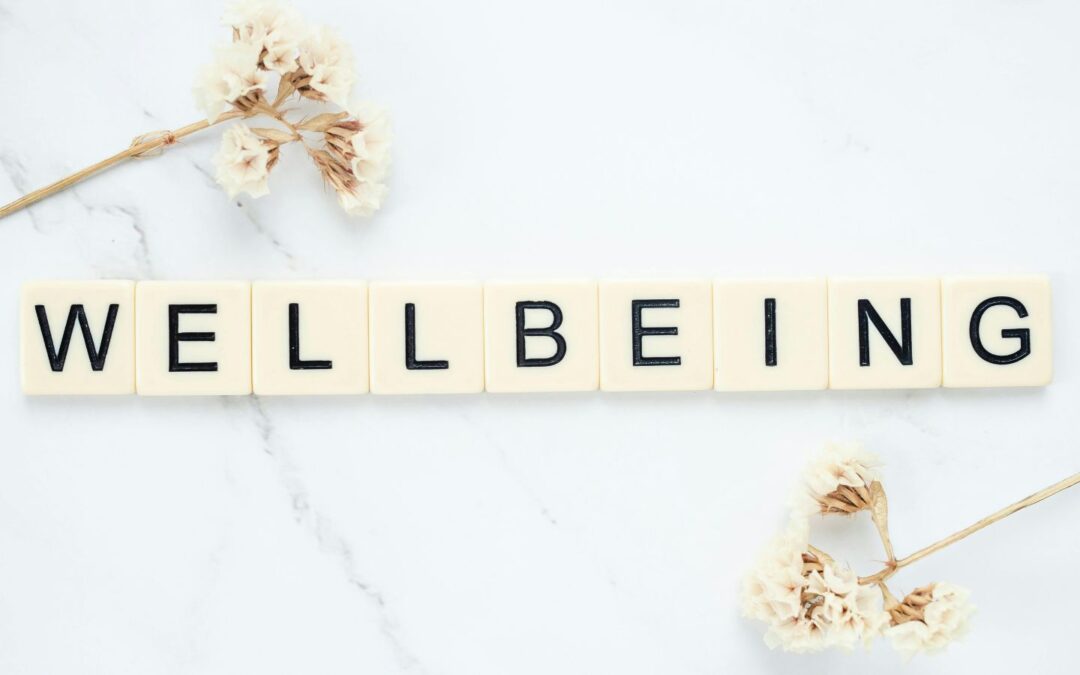As people get older, maintaining a high quality of life becomes increasingly important. While medical care and nutrition play essential roles, it’s often the small, everyday activities that make the biggest impact on wellbeing. For seniors, especially those in care settings or living independently, engaging in simple, purposeful activities can lead to improved mental, physical, and emotional health.
This article shares a closer look at some simple yet powerful activities that can make a world of difference for older adults.
Daily Walks and Gentle Exercise
Mobility is often a concern for seniors, but staying active doesn’t require strenuous workouts. Even short daily walks or gentle stretching routines can significantly enhance cardiovascular health, joint flexibility, and balance. Activities like tai chi or chair yoga are particularly beneficial, helping to reduce the risk of falls while also boosting mood and self-confidence.
Prioritizing Regular Health Checkups
Consistent medical checkups are a vital part of supporting senior health, helping to catch potential problems before they become serious. According to this expert dentist in Orlando FL, these routine visits enable doctors to keep track of key health markers—like blood pressure, cholesterol, and bone strength—and make informed decisions about medications, vaccines, or lifestyle changes tailored to each individual.
Gardening
Tending to plants, whether in a garden or with indoor pots, is a deeply therapeutic activity. It encourages light physical activity and offers a sense of responsibility and accomplishment. Gardening also connects seniors with nature, which has been shown to reduce stress and enhance overall mental wellbeing.
Creative Arts and Crafts
Engaging in creative expression—such as painting, knitting, or crafting—not only nurtures imagination but also helps preserve fine motor skills and cognitive function. Creative activities provide a sense of purpose, encourage problem-solving, and can be a fun way to socialize and share stories.

Music and Singing
Music has a unique ability to tap into memory and emotion. Listening to favorite songs, playing instruments, or participating in singalongs can uplift spirits and stimulate cognitive function. Music therapy is particularly effective for seniors with dementia, often unlocking memories and communication pathways that were otherwise difficult to access.
Reminiscence and Storytelling
Recounting personal memories is more than just nostalgic—it’s a valuable cognitive exercise. Storytelling helps seniors feel seen and heard while reinforcing their identity and life achievements. This activity can be particularly meaningful in group settings where shared stories create connection and community.
Reading and Audiobooks
For many seniors, reading is a cherished pastime. Whether it’s novels, newspapers, or magazines, reading keeps the brain active and provides a form of escape and entertainment. For those with visual impairments, audiobooks are a great alternative, allowing continued enjoyment of stories and information without strain.
Volunteering and Helping Others
When possible, engaging in volunteer work—even within a care home or community—can significantly boost self-esteem and purpose. Whether it’s mentoring younger people, assisting with events, or supporting peers, helping others has profound psychological benefits for seniors.
Board Games and Puzzles
Cognitive games like chess, Scrabble, or jigsaw puzzles keep the brain sharp and enhance memory and strategic thinking. They’re also great for social interaction, encouraging conversation and laughter, which are vital for mental health.

Social Interaction
Perhaps one of the most powerful yet simple activities is regular social interaction. Whether it’s chatting with a friend over tea, participating in a group activity, or attending family events, staying socially connected combats loneliness and depression, both of which are significant risks for older adults.
Supporting Environments Matter
While these activities are impactful, their success often depends on the environment in which seniors live. Quality care settings understand the importance of holistic wellbeing and prioritize opportunities for meaningful engagement.
If you’re looking for a place that supports not just physical health but emotional and mental enrichment, consider exploring care homes in Crewe. Facilities like these often provide a wide range of activities tailored to residents’ interests and capabilities, ensuring that every day offers moments of joy and purpose.
Conclusion
Simple daily activities can dramatically enhance the wellbeing of seniors, offering more than just entertainment—they provide routine, connection, and a sense of accomplishment. By incorporating these small yet significant practices into daily life, older adults can lead fuller, happier, and healthier lives, no matter their living situation.



